Man Charged With Idaho Student Stabbing Murders Discloses His Alibi: He Was ‘Out Driving To Look at the Stars’
Bryan Kohberger’s lawyers claim his presence near the murder site on several occasions in the weeks before the murder was for an innocent reason: a single man, stargazing.
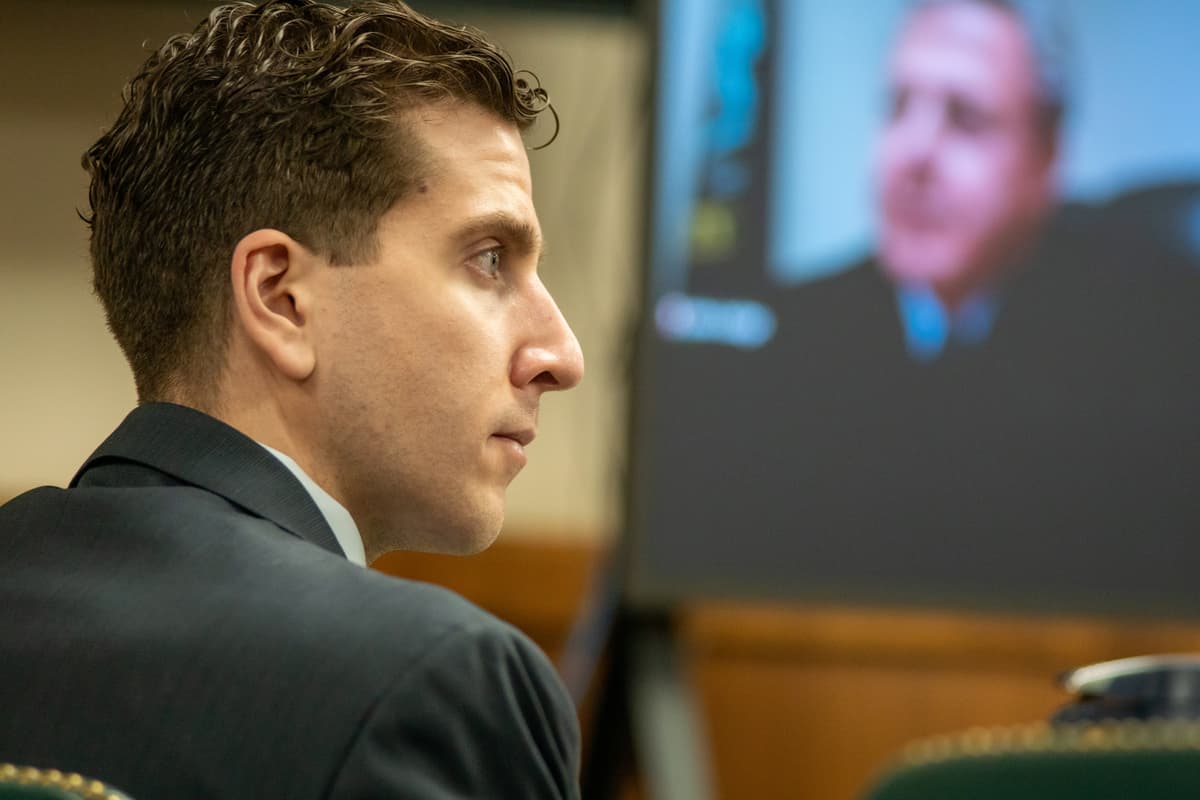
Prosecutors say Bryan Kohberger was stabbing four University of Idaho students in the early-morning hours of November 13, 2022. Mr. Kohberger, on the other hand, says he was just out stargazing.
Mr. Kohberger, who is a former criminal justice student pursuing a Ph.D. at Washington State University at Pullman, Washington, is charged with one count of burglary and four counts of murder in the deaths of Madison Mogen, 21, Kaylee Goncalves, 21, Xana Kernodle, 20, and Ethan Chapin, 20. Prosecutors allege the gruesome murders, which have elicited horror and fascination from around the world, took place in an off-campus house at Moscow, Idaho, at about 4 in the morning. If he is convicted, Mr. Kohberger could face the death penalty.
Court records show it was DNA evidence from a button snap of a knife at the crime scene that connected Mr. Kohberger to the case. Police used public genealogy databases, in a process known as “genetic investigative genealogy,” to trace the sample to him. In addition, prosecutors say his appearance matches the rough account of what the intruder looked like as shared by a surviving roommate.
Authorities also claim cell phone data will show two things: One, that Mr. Kohberger, who lived across the state border, was driving near the victims’ house at least a dozen times in the months leading up to the killings. Two, that he left his house just before 3 a.m. the morning of the murders before it stopped reporting to his cell network.
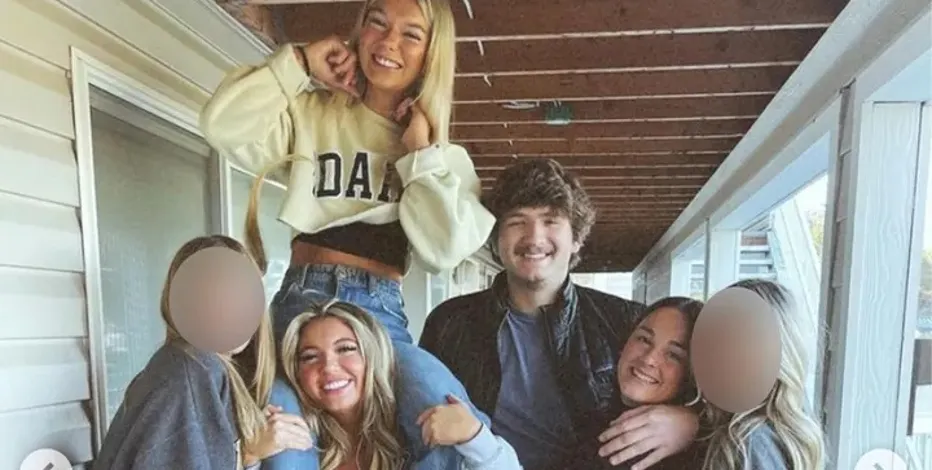
Yet Mr. Kohberger has pleaded not guilty to all charges. And a recent filing from his lawyers shared an alibi that tells an entirely different story.
“Mr. Kohberger was out driving in the early morning hours of November 13, 2022; as he often did to hike and run and/or see the moon and stars,” the filing states. “He drove throughout the area south of Pullman, Washington, west of Moscow, Idaho including Wawawai Park.”
The defense says cell phone data will show that his “mobile device did not travel east on the Moscow-Pullman Highway in the early morning hours of November 13th” which they intend to use as evidence that his car could not possibly be the one that was captured on video along the Moscow-Pullman highway near Floyd’s Cannabis shop — a store in Washington located about ten minutes away from where the students were murdered in Idaho.
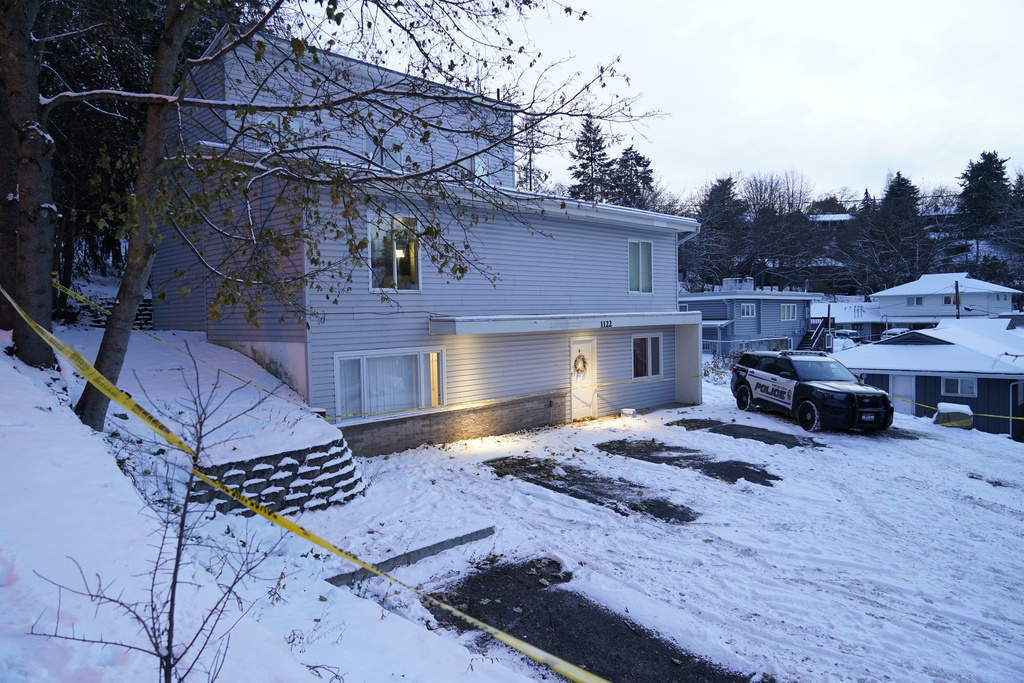
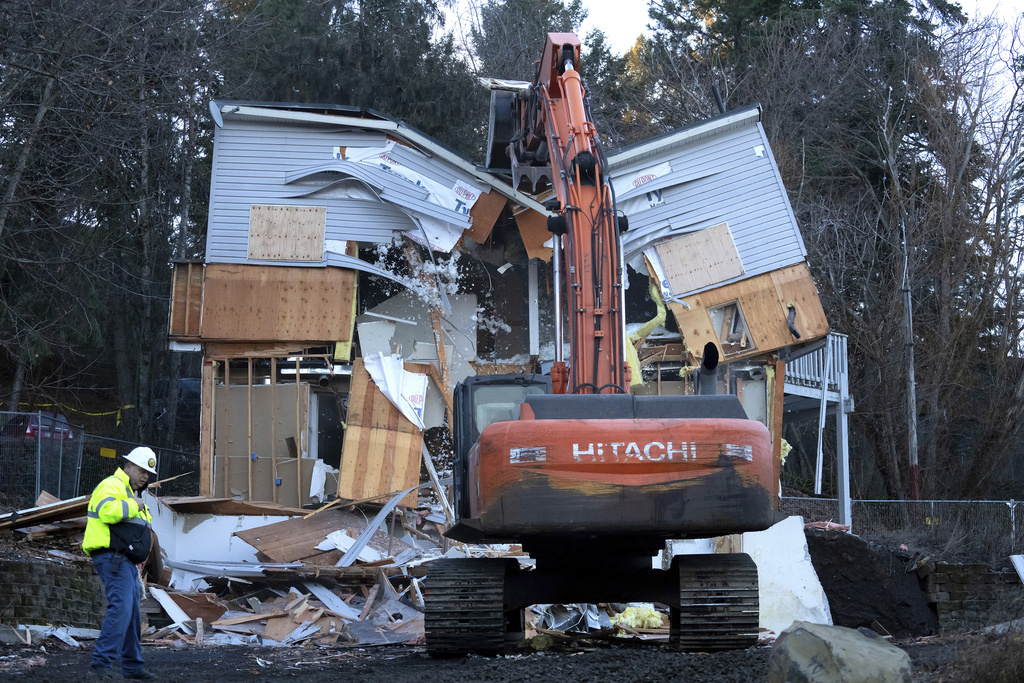
This would be an interesting revelation if proven to be true because a car matching Mr. Kohberger’s was seen on camera passing the college students’ house four times before it was caught speeding away about 15 minutes after the last trip to the residence. It should be noted that Mr. Kohberger’s phone started reporting to the cell network again less than 30 minutes after the car in the video was caught speeding away. Once the phone was reconnected to the network, he was tracked driving to Pullman from Moscow.
In addition to an alibi, the filing also gives some context as to why Mr. Kohberger would allegedly be out for a joy ride so early in the morning.
“Mr. Kohberger moved to Pullman, Washington, in June of 2022. As an avid runner and hiker, he explored many areas of the Palouse,” the filing claims. “After the school year began, Mr. Kohberger was busy with classes and work at Washington State University and his running and hiking decreased but did not stop. Instead, his nighttime drives increased.”
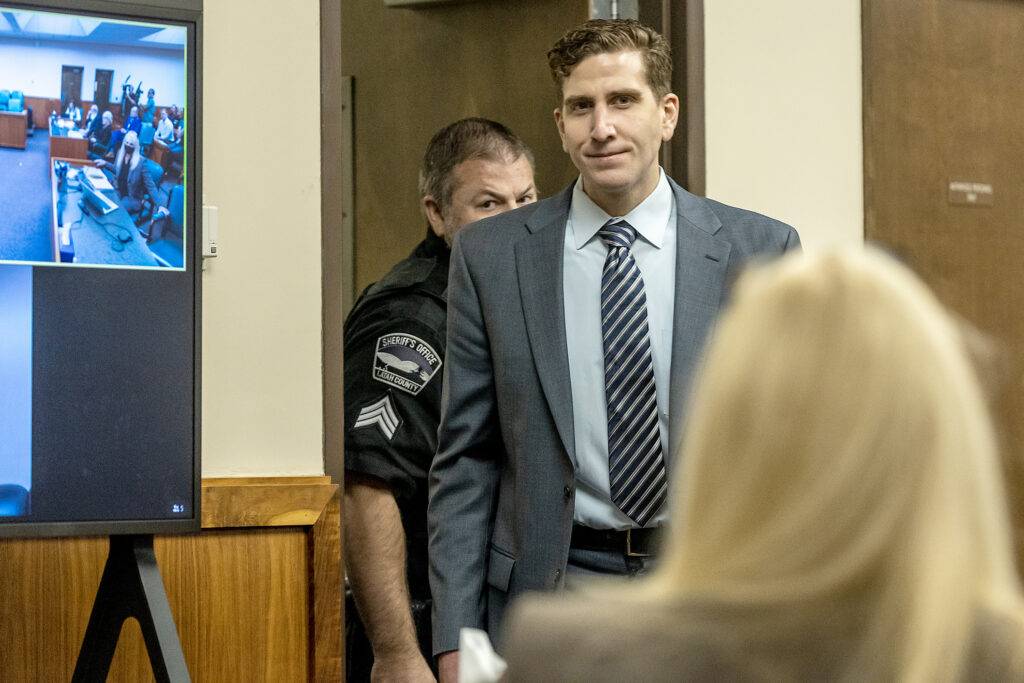
The defense says phone data will show that Mr. Kohberger traveled to the countryside late at night/early in the morning “on several occasions.”
The phone data includes numerous photographs taken on several different late evenings and early mornings, including in November, “depicting the night sky,” Mr. Kohberger’s lawyers state, adding that they’ll be able to share more information about where their client was as the morning of the 13th progressed “once the State provides discovery requested.”
If the state does not share the discovery the defense is looking for, Mr. Kohberger’s team says testimony “will also reveal that critical exculpatory evidence, further corroborating Mr. Kohberger’s alibi, was either not preserved or has been withheld.”
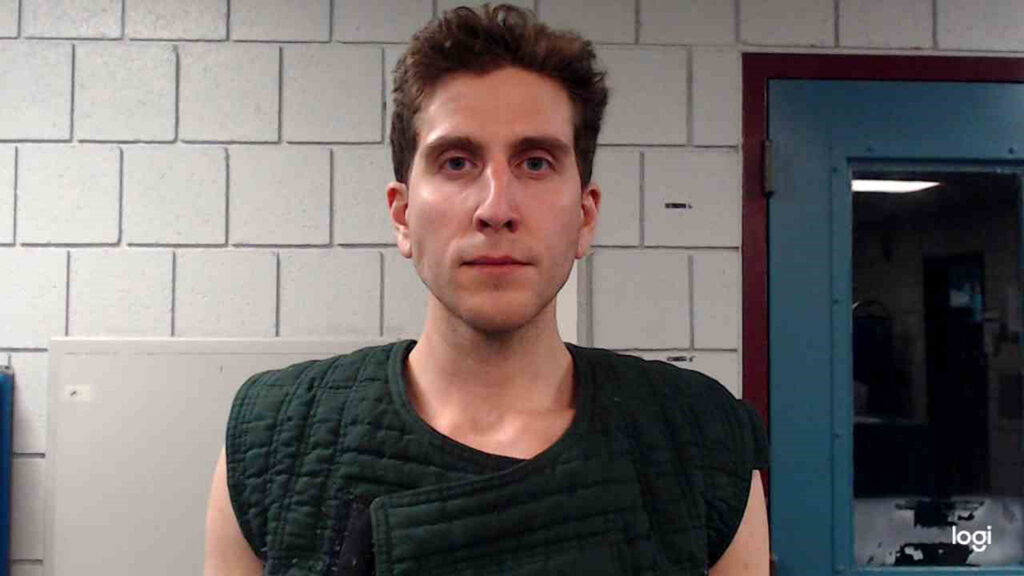
The next hearing for Mr. Kohberger’s trial is set for May 14 and will see Judge John C. Judge of Idaho’s 2nd Judicial District at Latah County consider a change of venue motion the defense filed in January.
“A fair and impartial jury cannot be found in Latah County owing to the extensive, inflammatory pretrial publicity, allegations made about Mr. Kohberger to the public by media that will be inadmissible at his trial, the small size of the community, the salacious nature of the alleged crimes, and the severity of the charges Mr. Kohberger faces,” Mr. Kohberger’s lead public defender, Anne Taylor, wrote in the motion.
In response to the motion, Latah County Prosecutor Bill Thompson told the judge he opposed a change of venue because Latah County deserved to seat a jury since they were the ones affected by the crimes. He also said the national and international attention the case has already garnered meant a change in location wouldn’t really affect potential jurors’ familiarity with the case.
“It’s not Moscow, it’s not Latah County — it’s everywhere,” Mr. Thomson said. “So I don’t think that a change of venue is going to solve any of these problems.”
A trial date has yet to be set, but this case is expected to last for 12 to 15 weeks.

